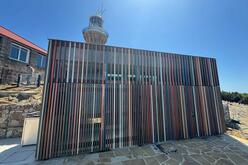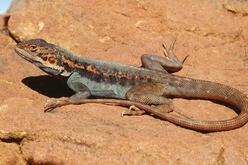A University of Otago researcher is one step closer to unlocking the secrets of the ageing process after receiving Marsden funding.
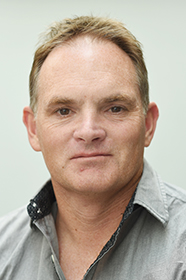
Professor Mark Hampton
Professor Mark Hampton, from the Department of Pathology and Biomedical Science, University of Otago Christchurch, secured $960,000 from the Te Pūtea Rangahau a Marsden to investigate what happens in cells as people age.
His study is one of 23 University of Otago projects to receive $17.2 million of the $82.345 million allocated to 120 research projects throughout Aotearoa New Zealand.
The Marsden Fund grants – which support research in the humanities, science, social sciences, mātauranga, mathematics – are distributed over three years.
Professor Hampton says the funding will help him investigate red blood cells’ recovery from oxidative stress and why it appears to differ between people.
Extending the lifetime of stored red blood cells would be valuable for improving the quality of blood used for transfusions. More broadly, changes in how red blood cells cope with oxidative stress may reflect what is happening in other cells in our body as we age.
Professor Hampton says understanding what happens in cells as people age will be important to help reduce the impact of age-related diseases.
“It is commonly believed that we know everything of interest about red blood cells, however, we have made some unusual observations about how they respond to stress. This project provides us with the opportunity to begin to search for answers,” he says.
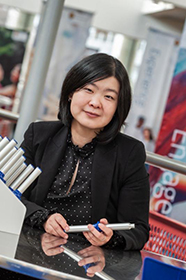
Dr Mei Peng
Also receiving funding is Dr Mei Peng, a Senior Lecturer in the Department of Food Science, who secured $839,000 for her research which aims to find out whether a brain response is guiding people’s food choices.
Her team will use pregnancy as a natural model to understand how the human brain adjusts to changing metabolic needs through food choices.
The Marsden funding will be used to develop a longitudinal project that will track a group of New Zealand women through the course of their pregnancies.
Dr Peng says her research will develop multidisciplinary skills that are necessary in addressing the global obesity epidemic and will help explain factors influencing postnatal health, therefore improving mothers’ psychological and physical wellbeing.
“As an early career researcher, receiving this full Marsden grant provides an amazing opportunity that allows my team and I to develop an exciting new program to tackle critical questions important for Aotearoa,” Dr Peng says.
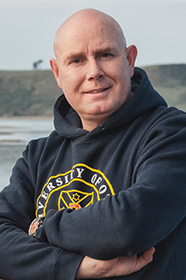
Distinguished Professor Neil Gemmell
This year’s Marsden funding will also help Distinguished Professor Neil Gemmell, from the Department of Anatomy, research “one of the most extra-ordinary transformations in nature”.
He received $926,000 to research why about 500 fish species undertake sex change as a normal part of their lives. It is a topic Dr Gemmell says he has been “fascinated” by after finding out about sex change in fish as a young boy fishing for spotties off the wharves in Wellington.
“I was amazed to discover that the humble spotties I was catching were one of the species that starts out life as female and changes sex to male later in life. Fast forward some decades and I am now using spotties as a model to understand how exactly this process is initiated.”
Dr Gemmell says he feels fortunate to secure the funding.
“This funding will help us answer what we think are interesting and important questions, provide training opportunities for several students and fund an early career researcher, none of which would be possible without this significant level of support,” he says.
Deputy Vice-Chancellor, Research and Enterprise, Professor Richard Blaikie says it is excellent news that Otago’s researchers and research teams will be supported by Te Pūtea Rangahau a Marsden.
“These projects are at the forefront of advancing knowledge in their disciplines, led by many of our best established and emerging researchers,” Professor Blaikie says.
“Direct benefits to New Zealanders and New Zealand communities will come from many of these projects, with others strongly enhancing the body of knowledge upon which future developments will be built.”





